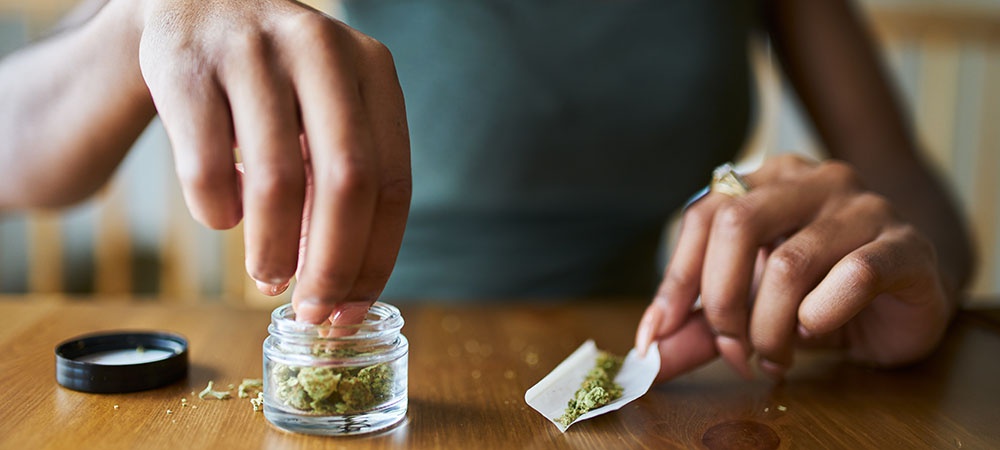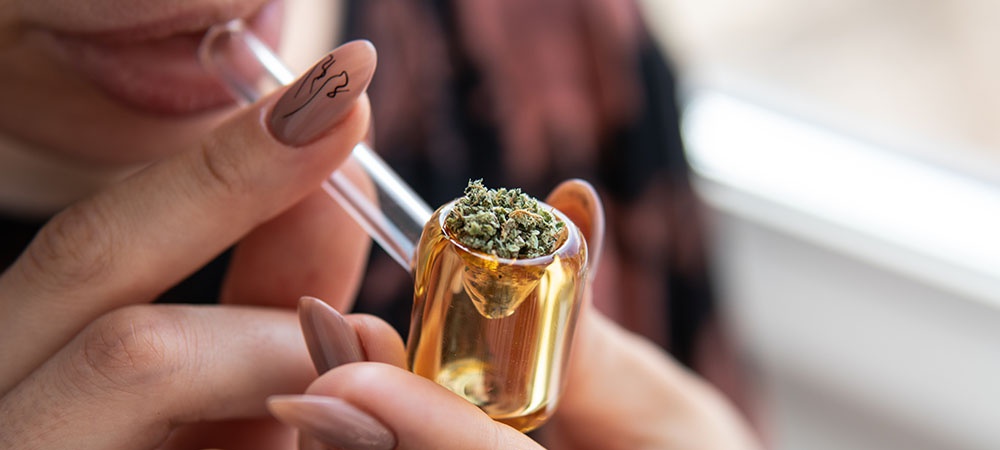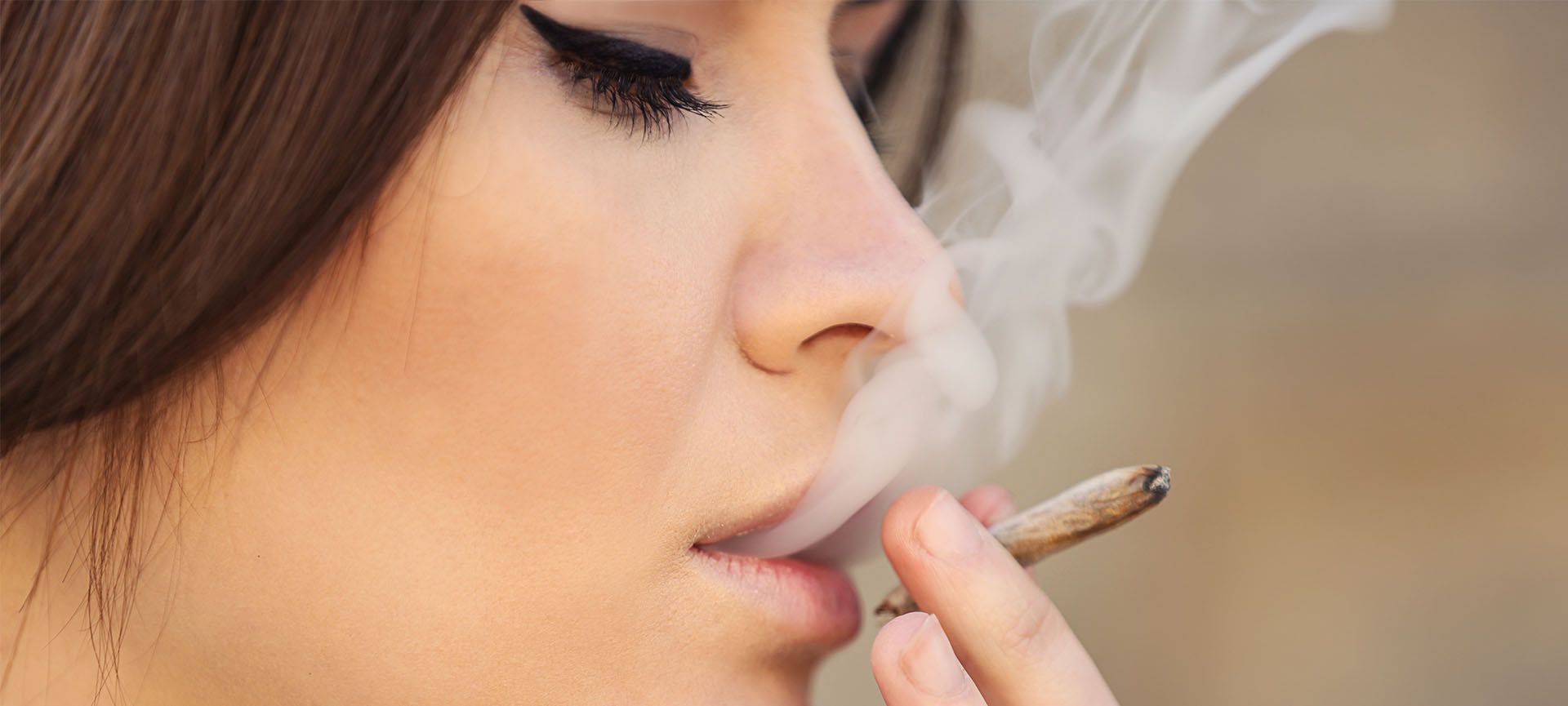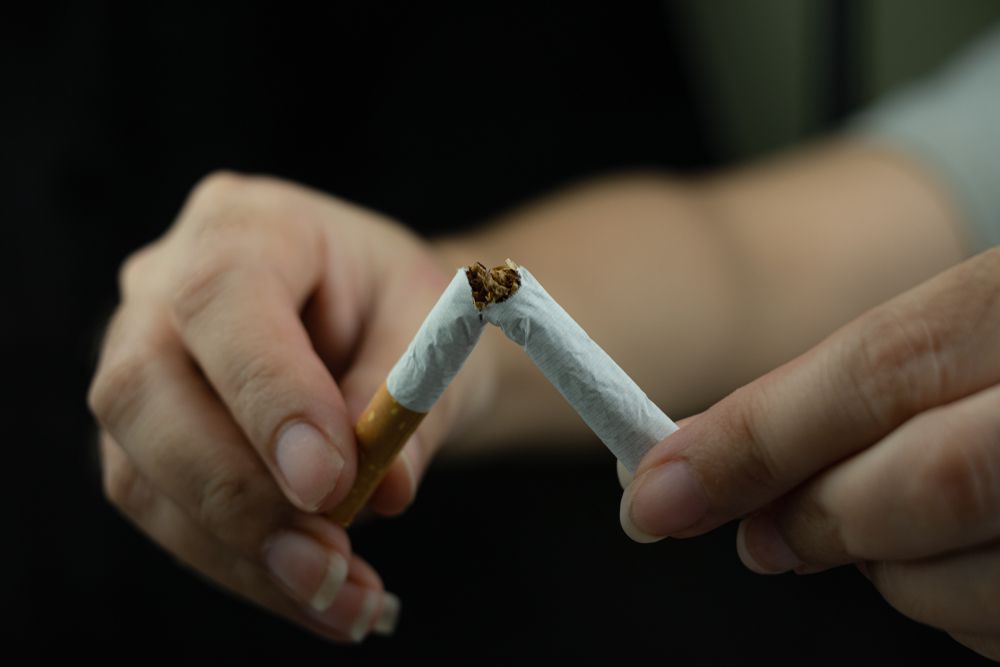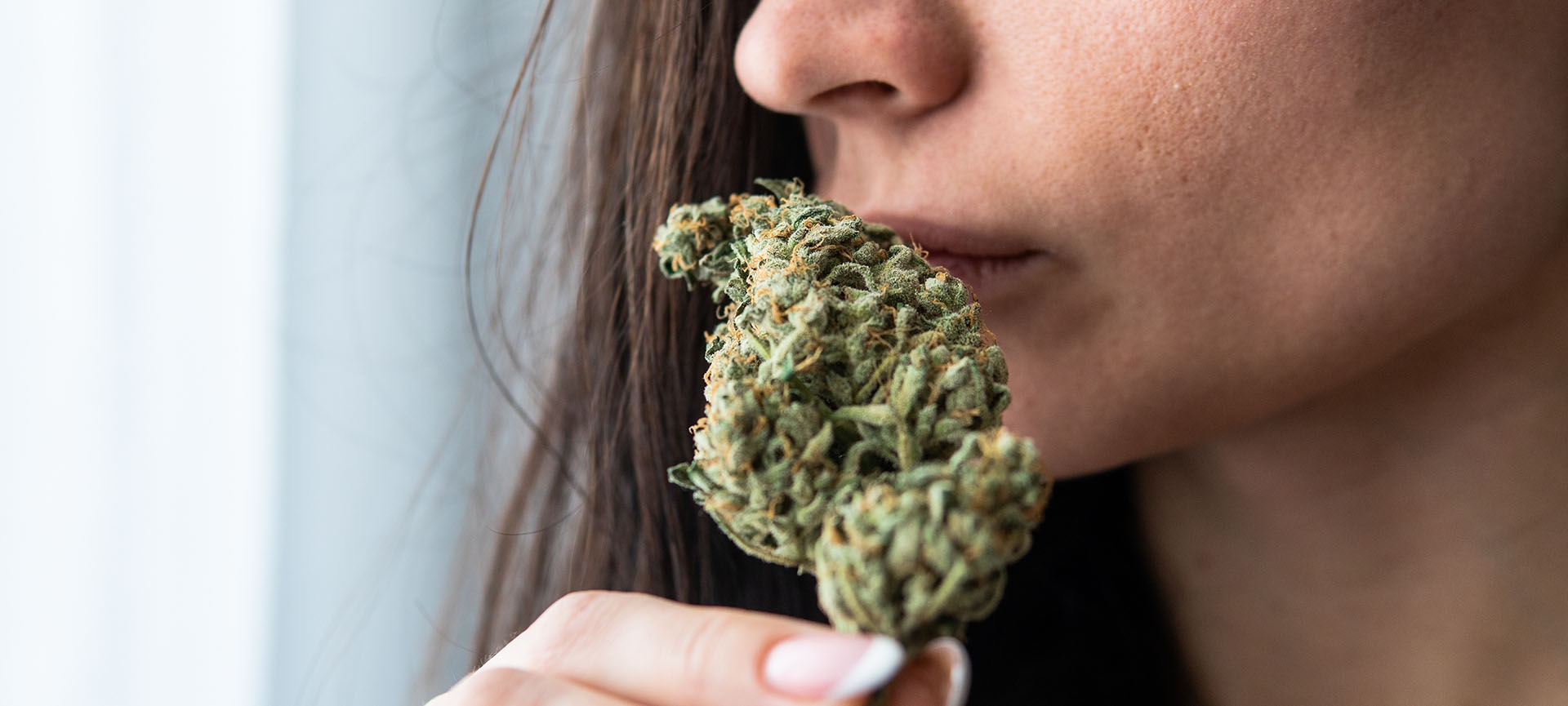
How Do I Know If I’m Addicted to Weed?
Weed (cannabis) addiction is a pattern of marijuana use characterized by many of the typical signs and symptoms of any substance addiction. The technical name for this condition is “cannabis use disorder” or “marijuana use disorder”, and it is included in the Diagnostic and Statistical Manual of Mental Disorders, Fifth Edition (DSM-5).
Cannabis use disorder is sometimes referred to as cannabis dependence, abuse, or misuse, although these terms have fallen out of favour, even in the medical profession. It is estimated that 30% of people who use marijuana go on to develop marijuana use disorder.
Symptoms
According to the DSM-5, the presence of at least two of the following symptoms, occurring within a period of 12 months, indicates you may be using marijuana in a way that might cause problems:
- Continuing to use it even when it’s causing social or relationship problems, and/or even when you’ve developed a physical or psychological problem related to using it
- Craving (strongly desiring to use) weed
- Developing a tolerance for marijuana (needing more and more of it to achieve the same effects)
- Experiencing withdrawal symptoms when you don’t have access to marijuana
- Giving up activities you used to enjoy because you’d rather use weed
- Using weed in larger amounts and over a longer period than you intended
- Using it in situations that could be hazardous or dangerous
- Using the drug so often, or getting so intoxicated by it, that you can’t get important things done
- Spending a lot of time seeking and using the drug and recovering from its effects
- Thinking a lot about cutting back or stopping your marijuana use
You may also find that you are neglecting relationships or work or home responsibilities in favour of using weed. If you begin to notice some of these symptoms, it may be a sign that you have a problem.
Marijuana Addiction
Several factors affect how addictive a drug is, including the pharmacological mechanism of the drug, the purity of the actual drug ingested, the setting in which the drug is taken, and most importantly, the individual characteristics of the person taking the drug.
As with most addictive substances and behaviours, the rewarding effects of marijuana are central to drug addiction. These rewarding effects are the pleasurable aspects of the weed high. Again, similar to other drugs, the unpleasant marijuana withdrawal syndrome is experienced when someone does not have access to the drug or chooses not to use it, often prompting them to use it again to relieve these symptoms.
Risks of Weed Addiction
In addition to the risk of addiction, adverse health effects of marijuana use can include both short- and long-term effects on areas of the brain responsible for attention, learning, decision-making, emotions, coordination, and memory.
Marijuana also poses risks to brain development in young people. Because the brain is in an active state of development from the prenatal period until the early 20s, it is much more vulnerable to the adverse impacts of different environmental influences, including exposure to weed.
The age of onset of use is a critical factor. Early use may have more detrimental neurotoxic effects on the developing brain of adolescents compared to those on the adult brain.
While there is a need for further research, data suggests that vocabulary and information measures of crystallized intelligence—which measure knowledge acquired through experience or learning—are lower in young people who use weed.
Other risks include anxiety, depression, insomnia, irritability, weight changes and flu-like symptoms.
Experimenting with Weed
The chances are, if you’ve started occasionally trying marijuana, you are using it with friends. For most adults, occasional social use of marijuana is not a problem. However, you should be concerned if your only friends are people who use marijuana, especially if using marijuana is what they want to do with you most of the time that you are together.
Many people who use marijuana find it easier to feel close to others when they are high. And although many of them are not interested in using marijuana for sex, some find it arousing and that it lowers their inhibitions. Marijuana can also be used to administer a date rape drug—research has implicated the drug in a significant number of sexual assaults.
Living with Marijuana Addiction
Some people go for years living with marijuana addiction without realizing it before they seek help. It can be particularly hard to admit that you have a problem when you have always believed the drug was not harmful or addictive.
Most individuals who seek treatment for marijuana addiction have been using it for about 10 years and have had six failed attempts to quit on their own. If you are using marijuana but don’t feel ready to seek addiction treatment, it is important to try and reduce the harm the drug may be doing.
Eventually, you may grow weary of a life that revolves around drug use. As with other addictions, motivation to change your drug use is one of the best predictors of success.
Steps to Recovery
The first step to recovery is to take a serious look at how your marijuana use is affecting your life, work, and relationships. How closely does your life align with the addiction symptoms listed above? If you feel like you might have a problem, it means that you are already past the denial stage, where many people “get stuck” without being able to take back control of their lives.
If you think you’ve crossed from casual or recreational marijuana use to marijuana addiction, seek help as soon as possible. This is particularly important if you’ve experienced certain negative effects of marijuana, particularly:
- Changes in your self-image and/or the way you think about yourself or other people
- A sense that others are watching you, following you, or plotting against you
- Extreme changes in mood, outlook, and/or the way you interpret things going on around you
Addiction Treatment
Weed addiction is a real condition that can bring a great deal of stress to those affected and their loved ones. At Thousand Islands Rehab Centre, we make the recovery process more effective and less stressful. Our customized addiction treatment programs, our beautiful setting, and our empathetic approach could be just what you need. Call us today to find out more about how we can help you.


